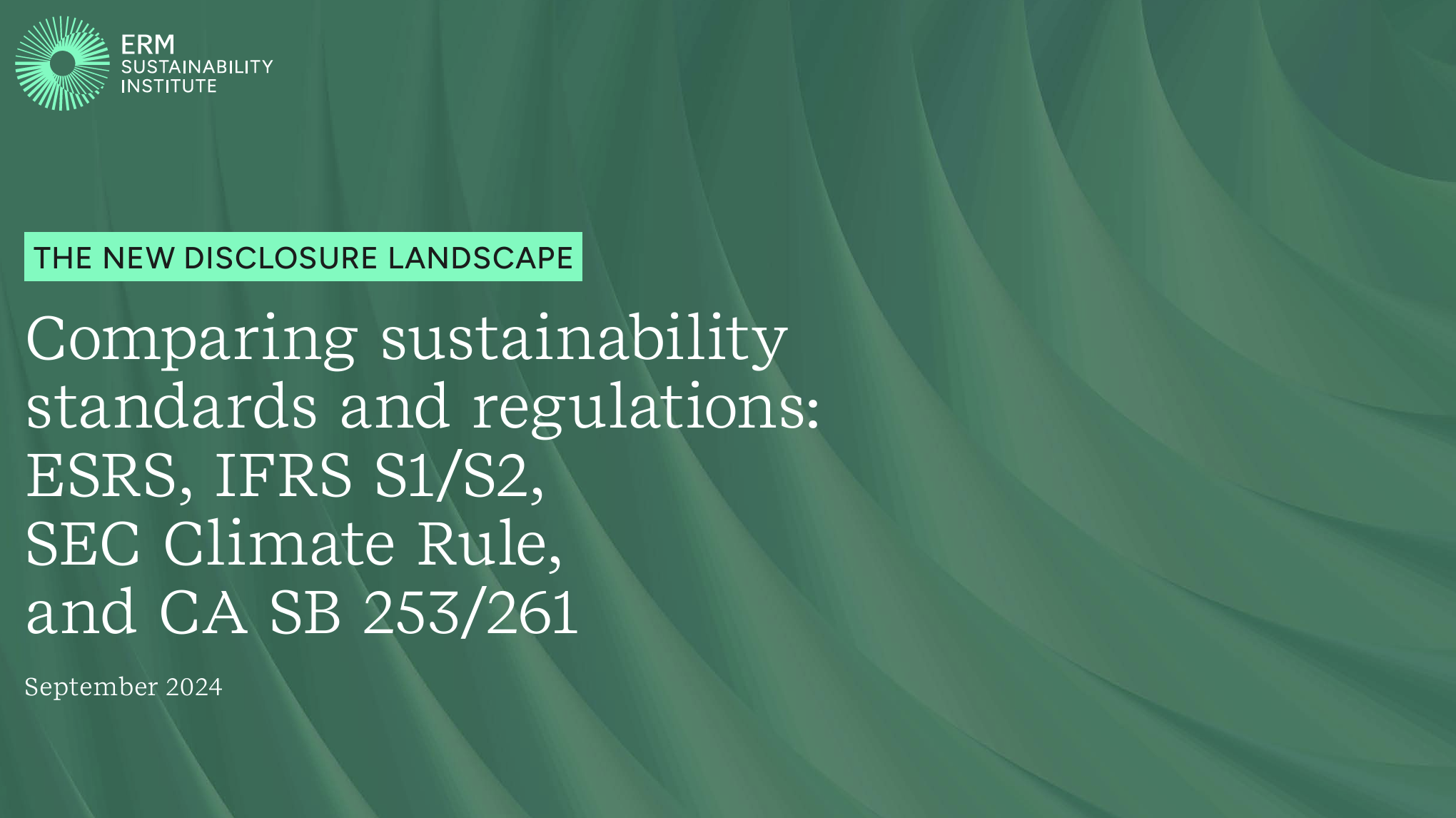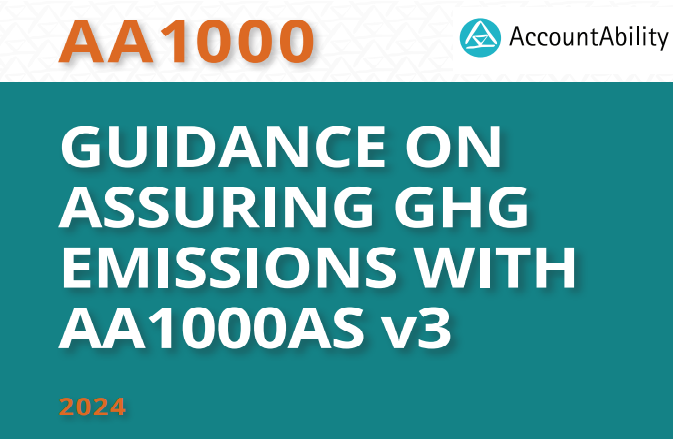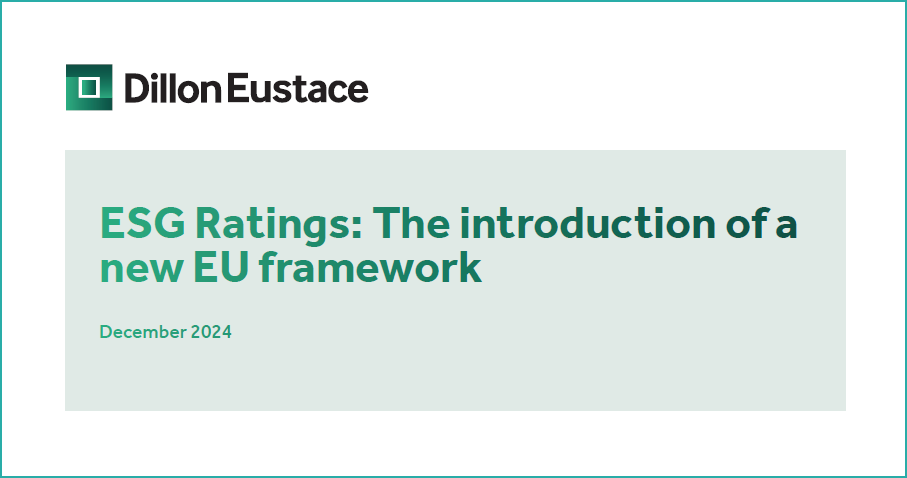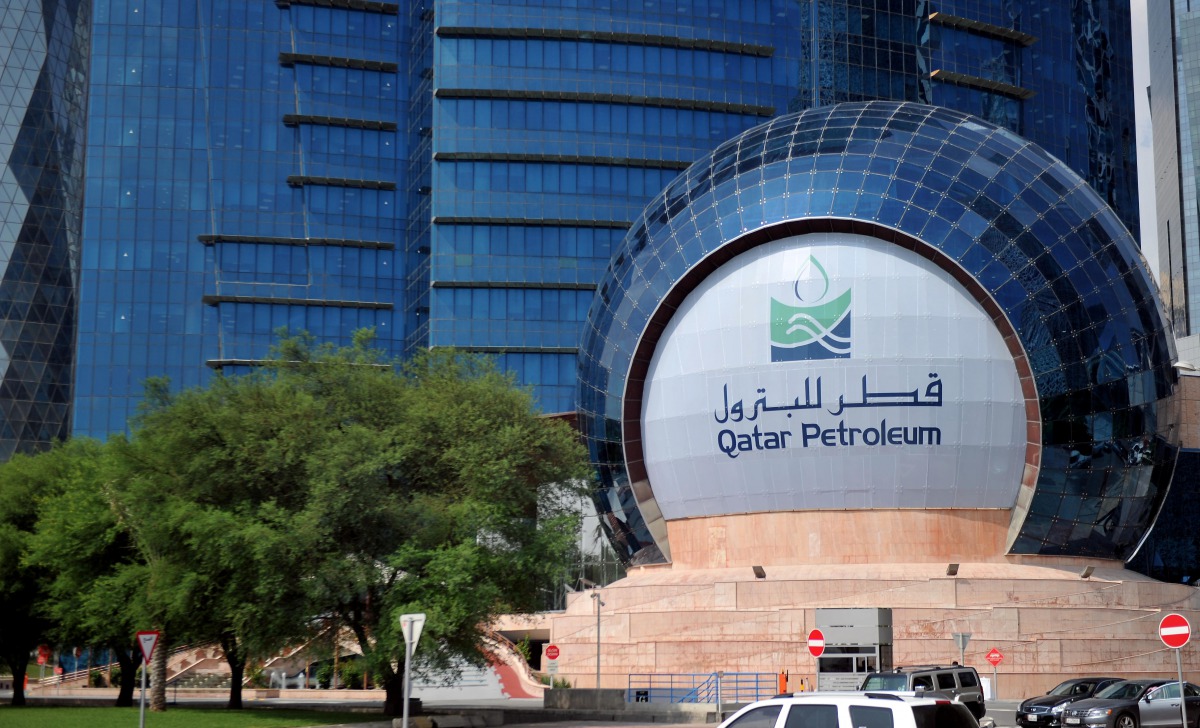Qatar Warns Europe: LNG Supplies at Risk Over EU Sustainability Directive
Qatar, supplying 12% of EU LNG imports in Q2 2024, has warned it may halt gas exports to Europe if EU Directive 2024/1760 enforces significant penalties on QatarEnergy. The directive, requiring due diligence on supply chains, imposes fines of up to 5% of global turnover for violations. Qatar argues the rules are impractical for its operations.
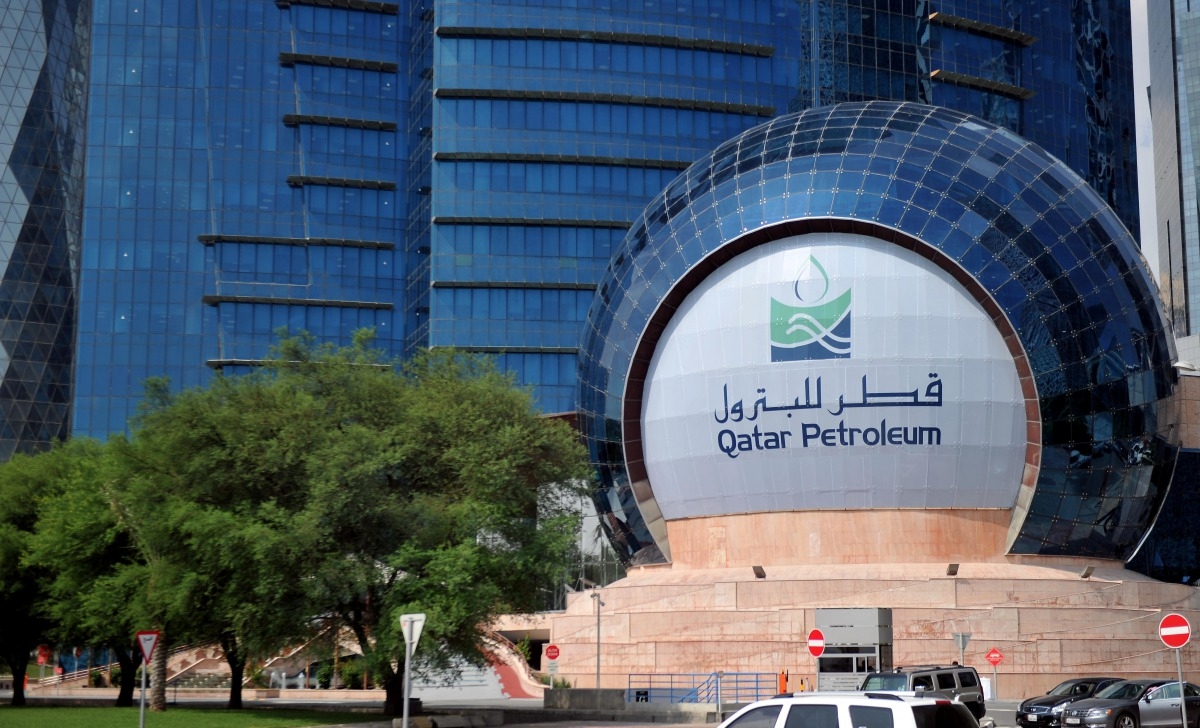
Qatar, a key supplier of 12% of the EU’s LNG imports in Q2 2024, has warned of halting gas exports to Europe if EU Directive 2024/1760 enforces significant penalties on QatarEnergy. This directive, mandating corporate due diligence on supply chains, imposes fines of up to 5% of global turnover for violations, which Qatar argues are impractical for its operations.
Qatar’s Stance on EU Fines
In an interview with the Financial Times, Qatar’s Energy Minister Saad Sherida Al-Kaabi emphasised the financial burden of compliance. He stated that losing 5% of QatarEnergy’s revenue equates to a loss of 5% of Qatar’s national income, which he deemed unjustifiable. Al-Kaabi warned that if such penalties become unavoidable, Qatar may reconsider its LNG exports to Europe.
The Impact of EU Directive 2024/1760
Adopted this year, the Directive 2024/1760 (Corporate Sustainability Due Diligence Directive, CSDDD), obliges large companies operating within the bloc to ensure their supply chains are free from forced labour and environmental harm, with fines for non-compliance reaching up to 5% of global turnover. Al-Kaabi criticised the directive as ill-suited to QatarEnergy, which manages a supply chain involving up to 100,000 firms. Complying, he argued, would require an enormous workforce or costly external services, making adherence highly impractical. Additionally, he claimed that achieving the EU’s zero-carbon emissions targets is unrealistic for resource extraction companies like QatarEnergy.
Qatar, one of the world’s leading LNG exporters, is intensifying its efforts to strengthen its position in Europe and Asia amid rising competition from the United States. By 2027, Qatar plans to expand its LNG production capacity from 77 million tonnes to 142 million tonnes annually.
US Energy Policy Developments
Meanwhile, the United States, under newly elected President Donald Trump, is prioritising increased natural gas exports and oil production. However, a recent US Department of Energy report questions the feasibility of accelerating LNG export projects, potentially delaying these ambitions.
Implications for Europe
If Qatar withdraws from the European LNG market, the continent may face heightened energy challenges as it strives to reduce its dependence on Russian gas. The situation underscores the intersection of energy policy and sustainability regulation, with geopolitical consequences.
According to the European Commission, Qatar supplied 12% of the EU’s LNG in Q2 2024, representing 4% of the bloc’s total gas imports. As noted by the Financial Times, Qatar has become an increasingly vital supplier in the wake of energy market disruptions caused by Russia’s invasion of Ukraine. While Europe moves to reduce its reliance on Russian gas, QatarEnergy has already secured long-term LNG agreements with Germany, France, Italy, and the Netherlands.
